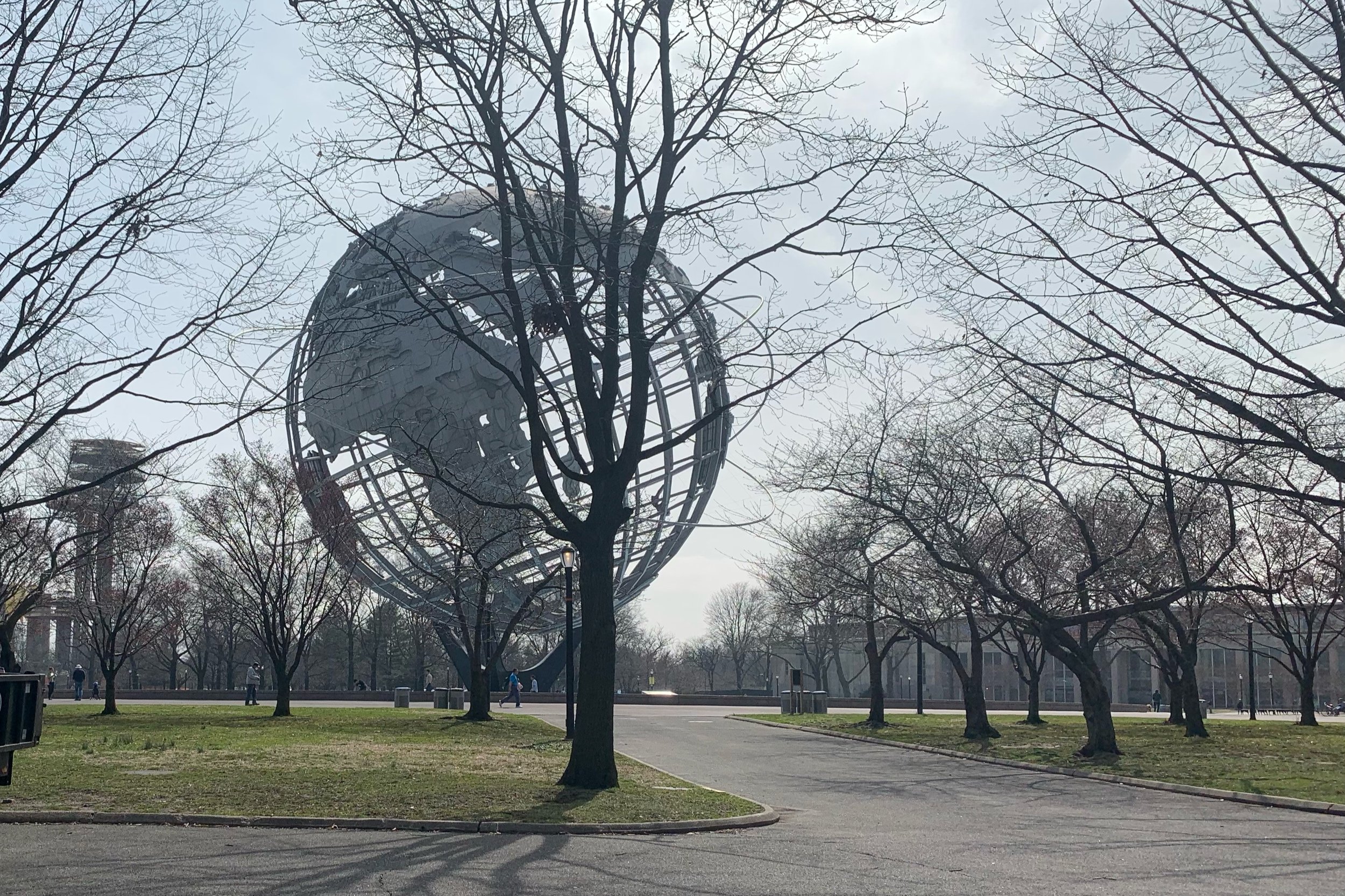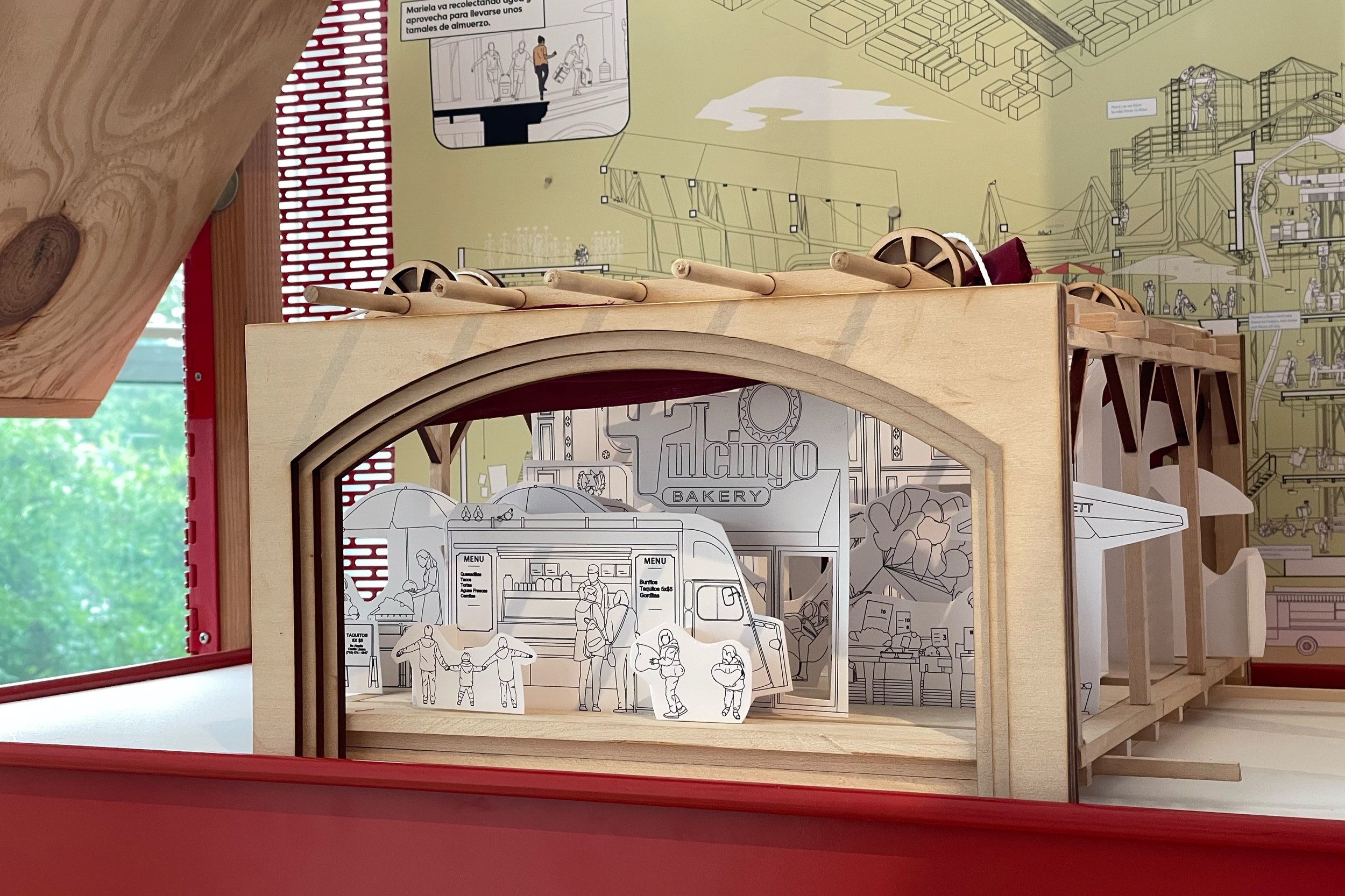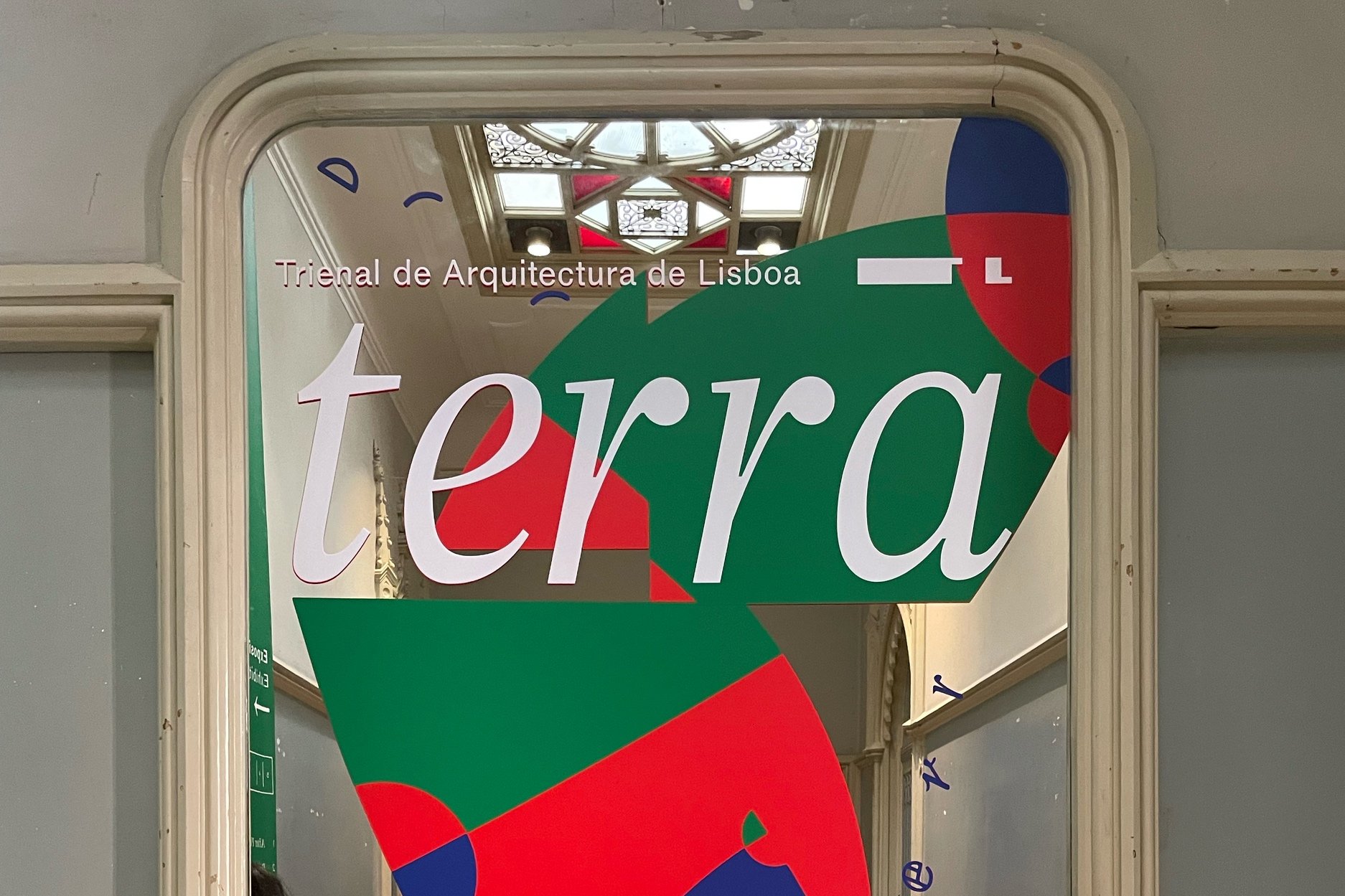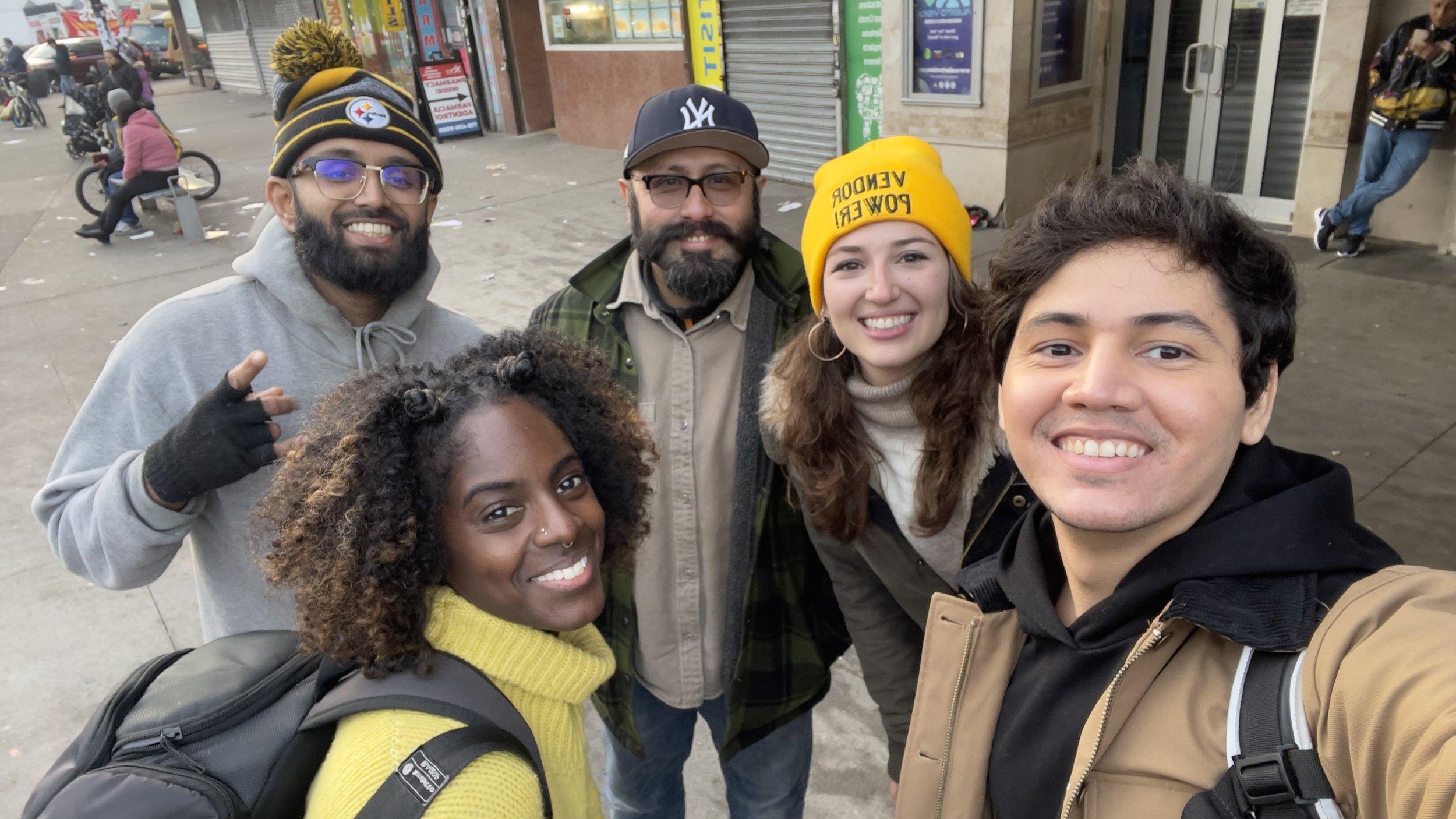Planning with Sovereignty and Mutual Aid: A Right to Public Space, Corona, Queens NYC
During the Covid spike of 2020, we saw the many ways in which the city depended on essential workers who were part of the informal economy. However, these same workers were also harassed and targeted in attempts to restrict and control the jobs that sustained many precarious and immigrant families. These attempts were often in line with idealized visions of who should have the privilege of benefiting from existing on public land and in the public eye (e.g., the outdoor dining program). Measures to ‘formalize’ these networks of self-reliance continue to threaten these groups with tactics such as excessive fines, restrictive policies, raids, and market closures. These measures not only impact individuals but also the communities that use and rely on them.
For this ongoing project, I’ve been working closely with street vending organizations in the production, design, and discussion of a series of community planning workshops about stewardship and collective agency of vital community assets, such as ‘informal’ markets. Oral histories, neighborhood mapping, and design strategies aim to craft and communicate a collective vision for their neighborhood. This vision narrates how diasporas inspired new forms of engagement through activism and civic participation. The recent crackdown on vendors at Corona Plaza and Roosevelt Avenue highlighted many of the injustices immigrants face in securing jobs. The lack of economic support, planning, and a cap on vending permits from the city has created conflicts that merit a reparative listening and response discussion. An exhibition of the collected work aims to demonstrate new forms of cultural production through the movement of ideas and identities across cultural and national boundaries, and between the politics of space, aesthetics, belonging, and language.












In July 2023, the Sanitation Department conducted a raid that cleared dozens of vendors (up to 80) out of the plaza.
Following months of on-site protests and social media upheaval over the loss of the market, the community countered with events supporting the vendors, social art site activations, and a series of mapping exercises of the plaza and the vendors' locations. These efforts facilitated negotiations with the Department of Transportation (DOT). After multiple meetings with both vendors and city officials, the vendors were allowed to return a few months later under the temporary supervision of the Queens Economic Development Corporation. While Corona Plaza vendors are back to work, the new restrictions imposed by the City have made it increasingly difficult for them to make a living. Currently, as the City seeks a long-term operator for the market, vendors and their allies are advocating for changes that will restore the plaza as a renowned destination for Latin American food.
At present, Corona Plaza vendors can obtain a restricted area permit for $200. Additionally, they must rent space in a commissary kitchen for food preparation and storage, and display a tax certificate and food handling license. The Asociación de Vendedores Ambulantes de Corona Plaza has implemented a lottery system to give all interested vendors who meet City requirements a chance to sell. This current iteration of the market is scaled back significantly, with only 14 vendors permitted, of which only 10 can sell food. The market operates five days a week, from Wednesday to Sunday, between 9 a.m. and 8 p.m. Two market managers, working for the group, oversee the plaza's daily operations.
We continue to argue that the City could at least double the number of vendors allowed in Corona Plaza. Our mapping exercise demonstrated that there is sufficient space for 28 vendors while still leaving enough room for pedestrian traffic, the required distance from storefronts, emergency corridors, and subway entrances.
This initiative is the first of its kind in NYC, providing a community vending area that allows visitors to celebrate the best of street vending in a space that remains safe, clean, and vibrant.



































